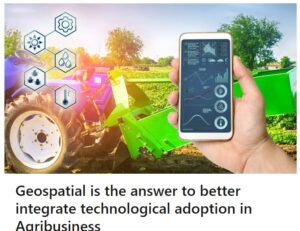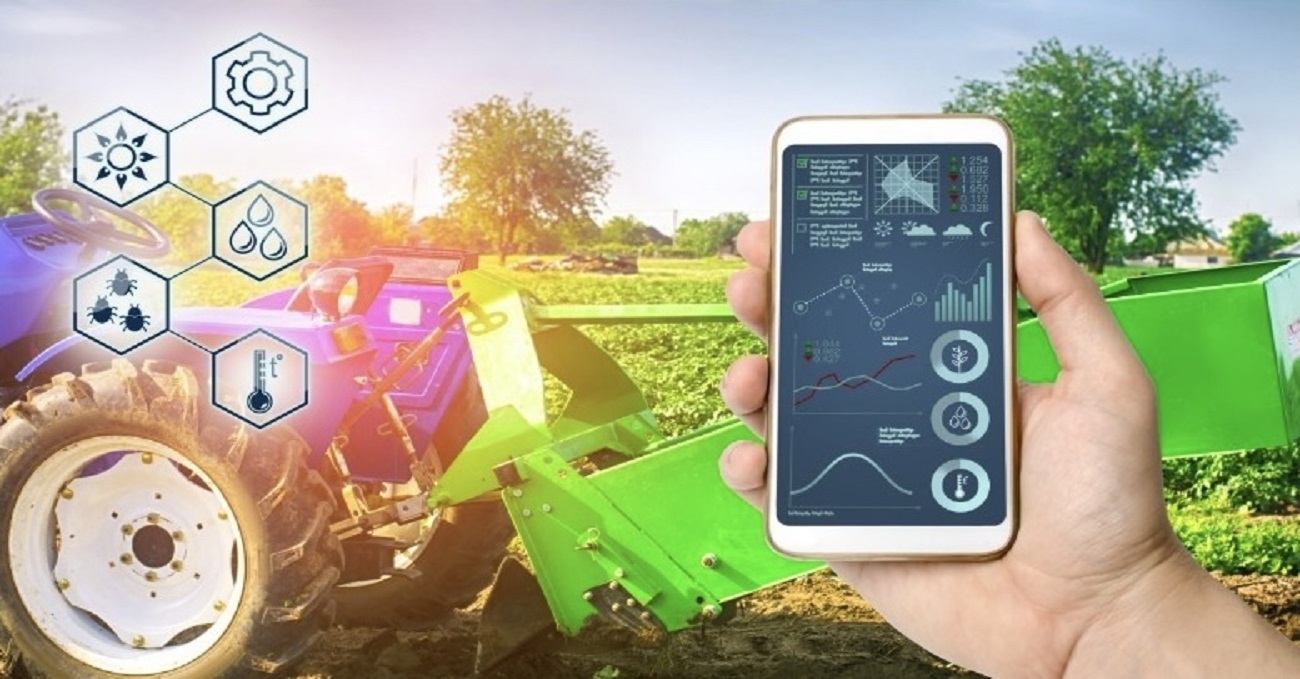The Yield Lab Latam has been leading an extensive study on the challenges and opportunities of Geospatial technology in different agricultural ecosystems. The objective is to foster a global debate that results in standardizing technologies and data generated in agribusiness to enhance technological adoption in the sector.
In March 2024, the initiative began, in collaboration with the Cultivar St. Louis group and involving researchers, startups, food companies, producer groups, investors, and ecosystem builders in countries such as Argentina, Brazil, Mexico, and the United States.
There are numerous challenges in agribusiness technology today. These include integrating multiple data sources and managing increasingly large volumes of data effectively. Despite the growth of new technologies in agribusiness, many existing platforms do not communicate with each other, requiring significant data input from users and often leading to inefficiencies, which necessitates reconsidering technological adoption in the sector. Hence, there is an urgent need for better integration of geospatial and tabular data.
Geospatial refers to the use, analysis, and interpretation of data with geographic references. This includes data with spatial coordinates, enabling geographic analysis and visualization. Development Geospatial applications in agriculture can transform how producers manage their lands and crops. Each country presents a unique reality regarding agricultural , economy, technology use, and new investments.
The research commenced six months ago with validated data presented at a workshop held in Saint Louis, USA, in April. Two months later, in June, part of the group gathered in São José dos Campos, Brazil, for a day of lectures and innovation site visits, with Geospatial technology prominently featured. Looking forward, from August 7 to 9, the Aapresid Congress is scheduled in Buenos Aires, Argentina, where on August 8, TYLL will engage stakeholders on the theme of Geospatial, consolidating discussions from the previous events.
To expand the geospatial potential for agriculture, several technology-related challenges need to be overcome, including data interoperability between platforms. According to the study, establishing a common protocol is crucial to advance in this area, requiring an independent, respected, and qualified working committee to develop a coordinated framework, reach consensus on governance structures, and identify funding from governments, industry, and academic partners.



